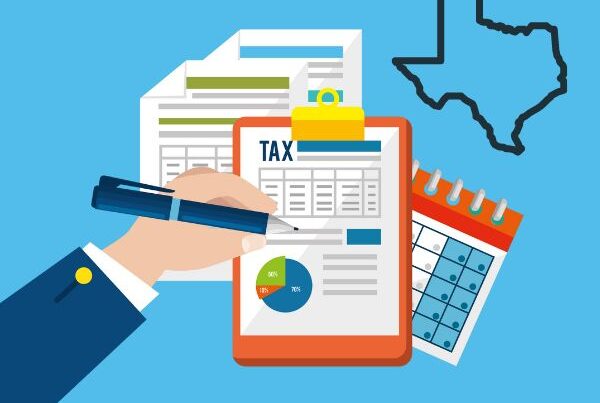So, what’s with the new Colorado retail delivery fee?
Well, it’s no mystery that Colorado is one of the most difficult states when it comes to sales & use tax compliance. Between the state and various home-ruled cities, it gets pretty complicated. Colorado has state, county, city and special district sales & use tax. Each jurisdiction has its own definition, tax rates, taxability, registration and filing portal. Also, the borders for each jurisdiction can be blurry and hard to identify sometimes.
But this is not all. Recently, Colorado announced that, starting July 1, 2022, both in-state and out-of-state retailers are required to collect and remit a retail delivery fee if they meet the two criteria below:
- Their products are tangible personal property, taxable in Colorado.
- The products are delivered to Colorado customers via motor vehicle (i.e. road transportation).
Colorado Retail Delivery Fee Details
Every delivery to customers in Colorado must have a delivery fee of $0.27 collected and remitted to Colorado’s Department of Revenue. This amount will stay the same from July 1, 2022 to June 30, 2023, after which the rate might change.
Colorado’s government website broke the $0.27 delivery fee down into several areas:
- Community access retail delivery fee
- Clean fleet retail delivery fee
- Clean transit retail delivery fee
- General retail delivery fee
- Bridge and tunnel retail delivery fee
- Air pollution mitigation retail delivery fee
For businesses already filing sales & use tax in Colorado, an account for delivery fees will be automatically opened (“courtesy of the DOR,” as it says in the Q&A section). Filings will be due the 20th business day following the prior period. Filing frequency will match sales & use tax filing.
For example, if you are a monthly filer for sales & use tax in Colorado, you will also be a monthly filer for the Colorado retail delivery fee reporting and remittance. The first one will be due on August 22nd (since the 20th falls on a Saturday).
If the business is a quarterly filer for sales and use tax, the first return and payment for the delivery fee will be due on October 20, 2022.
There are penalties and interests for late filing.
The form for filing Colorado retail delivery fee is Form 1786. You can file online or by paper. The form is pretty straightforward, but feel free to reach out to us if you have any questions.
Issues to Make Note Of with This Delivery Fee
There are a few important issues the DOR addressed in its Q&A that we want to point out as well:
- Marketplace facilitators will be responsible for collecting and remitting retail delivery fee to Colorado on behalf of their sellers. It’ll be interesting to see how Amazon reacts to this because, even though Amazon collects and remits sales tax for sales into Colorado, it explicitly states that it doesn’t collect or remit to home-ruled jurisdictions that are not in the SUTS system. So, will Amazon actually collect and remit Colorado retail delivery fee on behalf of sellers?
- $0.27 is charged per delivery, regardless of how many items are in that delivery.
- If the sold tangible personal property is not taxable, no delivery fee needs to be charged.
- “Motor vehicle” includes company vehicles, third party vehicles and common carriers like FedEx, UPS and USPS.
- This fee is NOT the same thing as sales tax.
- The retail delivery fee should still be charged, even if shipping is free.
- The fee must be stated separately on the invoice.
- Colorado’s Department of Revenue pointed out that they understand it’s short notice and some businesses may not be able to set everything up on time. So, they are willing to waive penalties and interests for a short time, but not the actual liability.
How to Comply
What businesses need to do to comply is:
- Change the setting on your sales channel to start collecting retail delivery fee on July 1, 2022 to sales delivered to Colorado customers.
- Make sure you log into your account online to confirm the account for Colorado Retail Delivery Fee has been opened and there’s a filing due.
- File on time.
How to Get Help
If your business is doing over $1M in annual revenue and you need help with your ecommerce accounting or with your sales tax filings, let us know. We’re happy to help.
If your business is smaller than this, there are still plenty of the ways we can help you, too.





